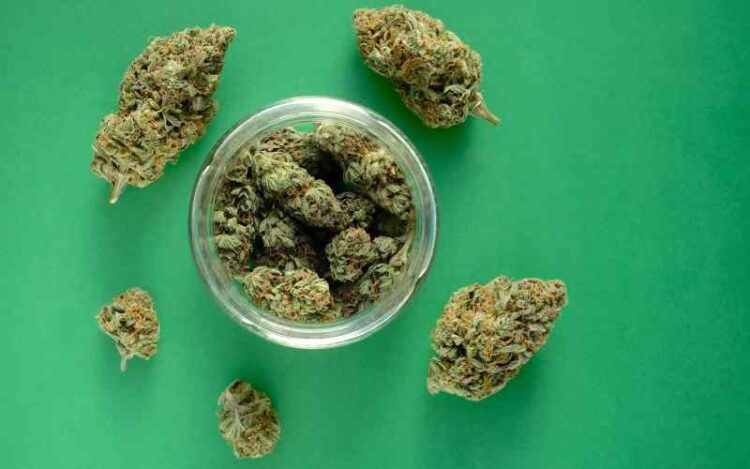Currently, administrative hurdles and strict rules present significant obstacles to the sale of cannabis in New York. At the moment, only slightly more than a dozen licensed merchants have operations in the city. The proposed introduction of a marijuana farmers market could increase the number of active sellers while officials streamline the process of licensing additional brick-and-mortar establishments. Authorities confirm the initiation of cannabis farmers markets could commence “in about a month.”
This proclamation was made following a town hall gathering last week for growers coordinated by the Cannabis Association of New York (CANY) and the state Office of Cannabis Management (OCM). Participants at this event deliberated on how a farmers market could provide a sale model for businesses and a secure shopping environment for customers. Given that a significant amount of cannabis was cultivated over the past year, much of it requires a marketplace for selling. The proposed farmers market aims to address this issue.
At this gathering, OCM Chief Equity Officer Damian Fagon stated that regulators aspire to make the farmers markets operational “hopefully, within a month,” as reported by New York Cannabis Insider. OCM Director of Policy John Kagia stated that the guidelines for what will be termed the “New York Cannabis Growers Showcase” initiative are yet to be disclosed. However, Kagia mentioned that there are “a few unresolved issues internally, but we’re authorized to discuss them here.”
The farmers market, alternatively known as the New York Cannabis Growers Showcase, is slated to have a minimum of three cultivators and at least one authorized retailer hosting market-style events in designated municipalities. On-site consumption will not be permitted initially, as this would entail securing additional licenses from the state Department of Public Health. Thus, customers will have to partake in their purchases at home. Alcohol will also be disallowed. Therefore, while the farmers markets present a solution for merchants, New York has yet to provide recreational communal locations where individuals can enjoy cannabis socially, like having a beer at a pub with friends.
Nonetheless, farmers can seek municipal consent to host these farmers markets on their own premises, potentially enabling communal gatherings. Moreover, they could attempt to vend at events like music concerts and festivals, which would be an enjoyable progression in the right direction.
“We believe this is vital as it accomplishes two goals,” Kagia declared. “Firstly, it enables growers to interact directly with consumers purchasing legally regulated products in New York, and share their stories. Secondly, it enables you to distribute products much more rapidly throughout the state. Therefore, while retailers will be limited to their authorized regions, growers will have the liberty to operate anywhere within the state.”
The concept of the marijuana farmers market trial program was conceived after New York Gov. Kathy Hochul’s (D) administration intensified its efforts to transition people to the legal market, which currently is challenging for both merchants and consumers. Many still resort to the black market for more affordable, high-quality products despite its illegality, indicating that New York needs to put in significant effort to develop a flourishing legal market.
As part of the initiative to encourage legal purchases, an awareness campaign was launched last month to persuade individuals to buy from licensed outlets. This campaign emphasized the risks of illegal purchases and underscored the advantage of legal purchases contributing towards equity programs.
In March, officials revealed plans to double the number of provisional adult-use marijuana licenses that could be granted from 150 to 300. Hochul also introduced legislation to curb unlicensed vendors. Despite visiting one of the few currently operating cannabis retail outlets in February, Hochul did not make any purchases.









